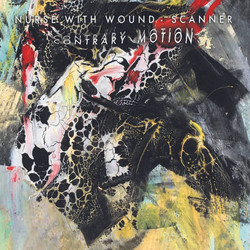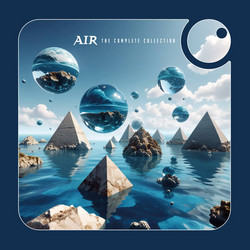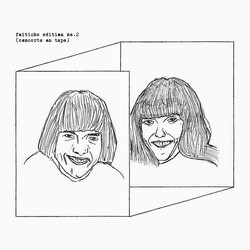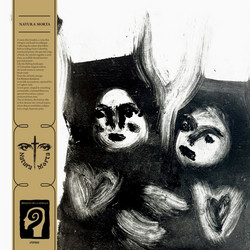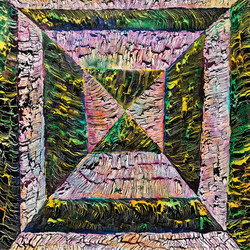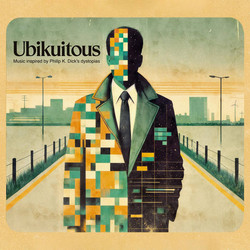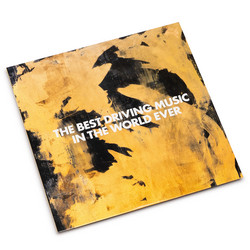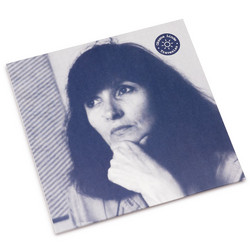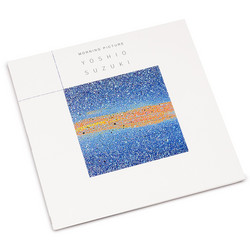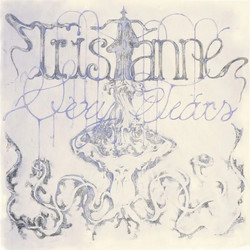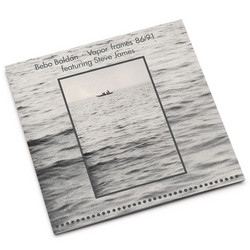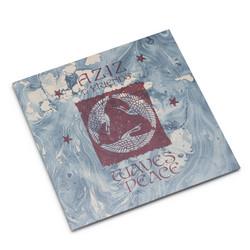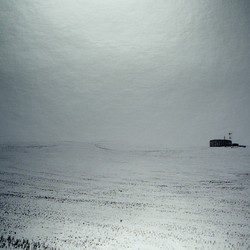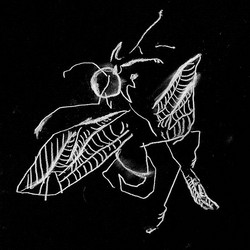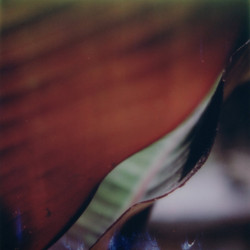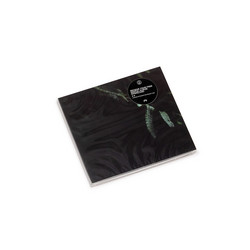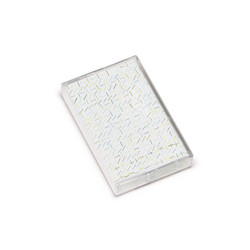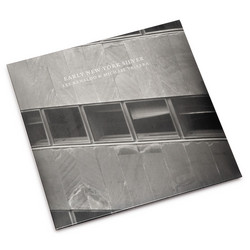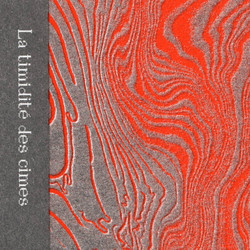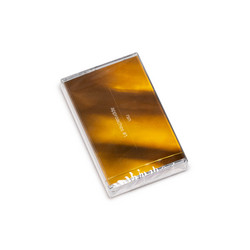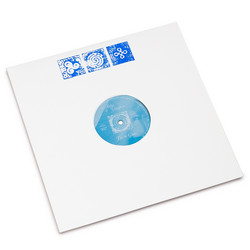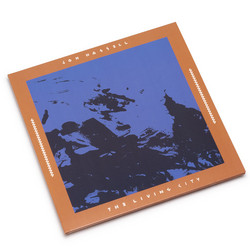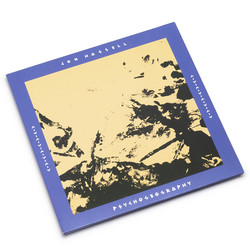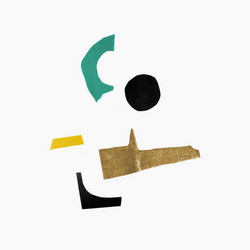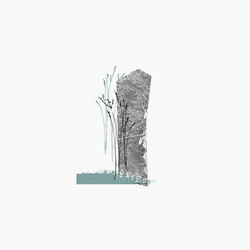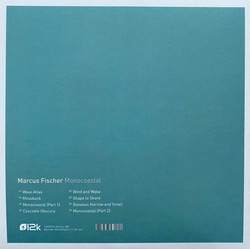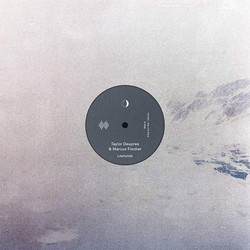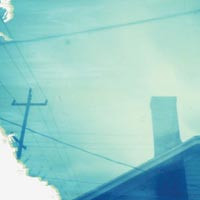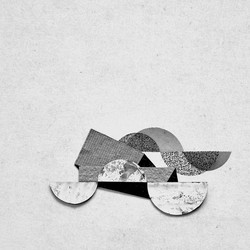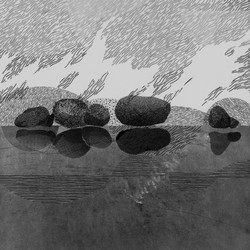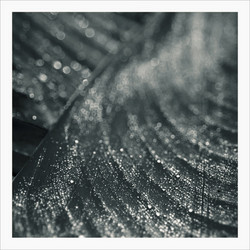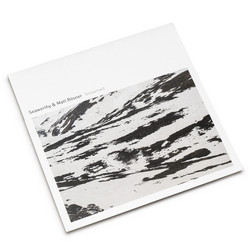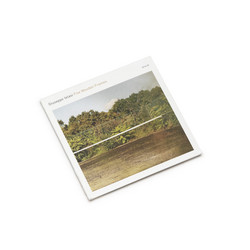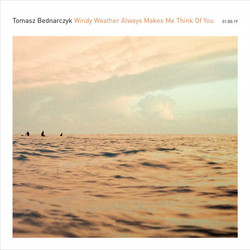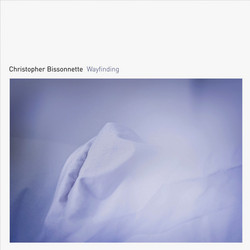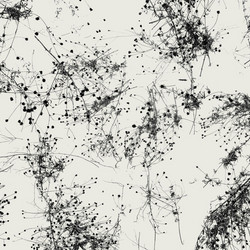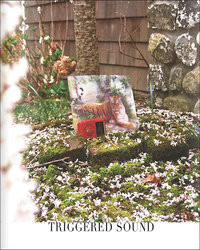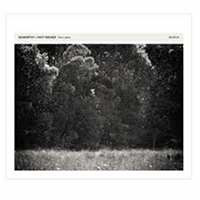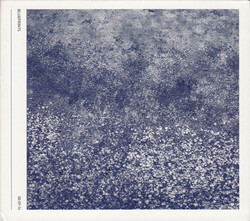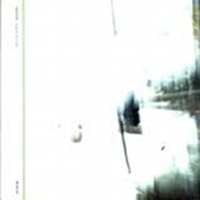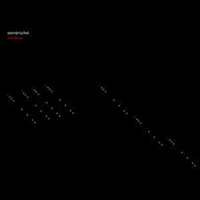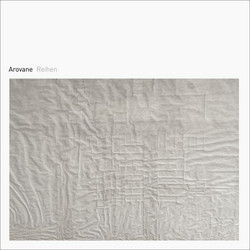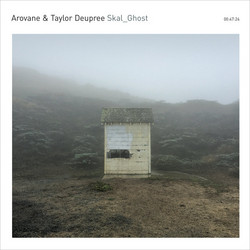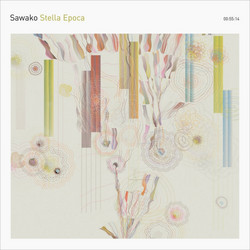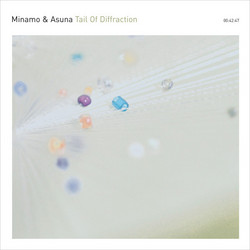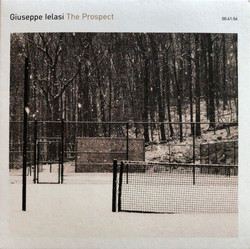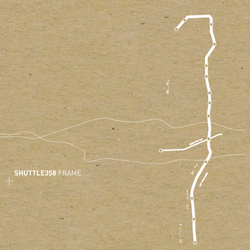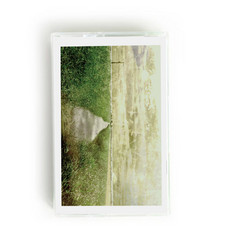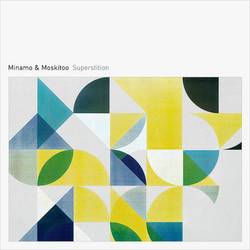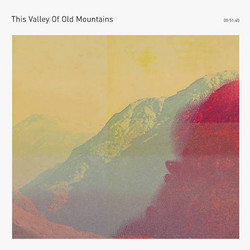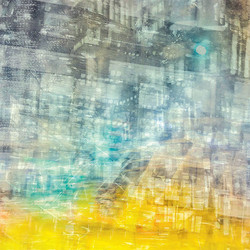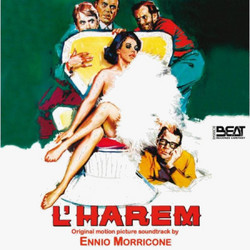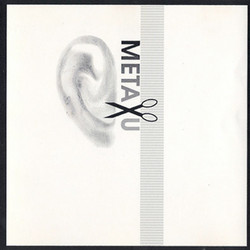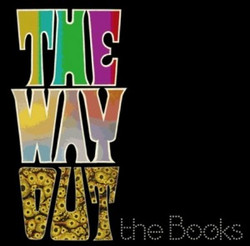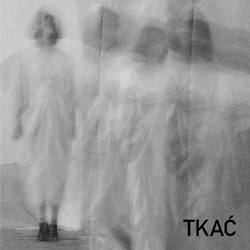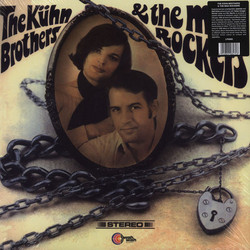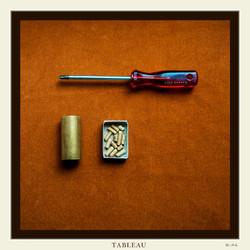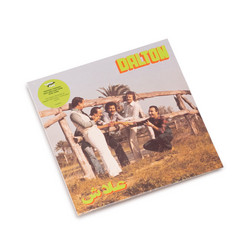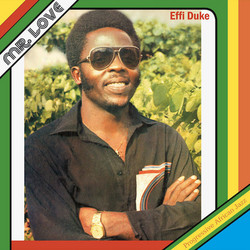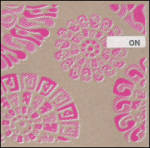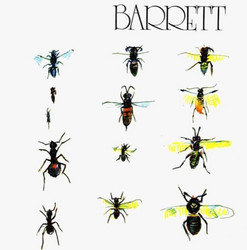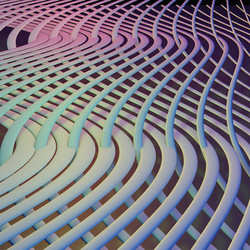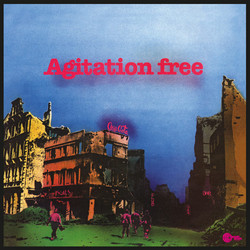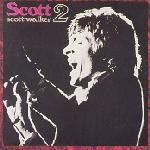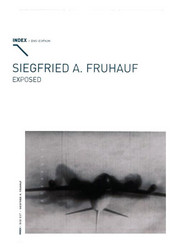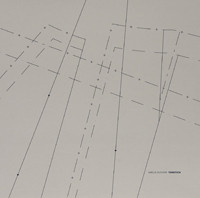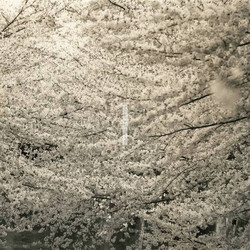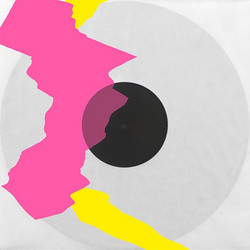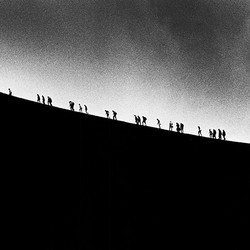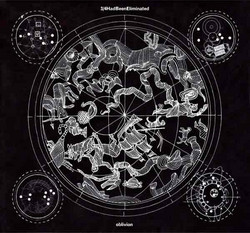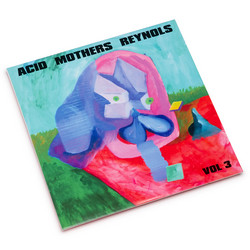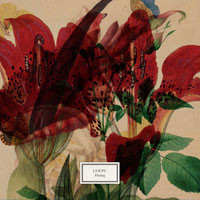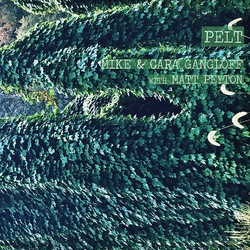Edition of 300. Loss is the long-awaited and anticipated follow-up to Marcus Fischer’s acclaimed Monocoastal (12k1063, 2010). Fischer created Loss over several years, finding inspiration to complete it during his time at the Robert Rauschenberg Residency in Captiva, Florida, in early 2017. The album is a particularly emotional work as Fischer explored what loss means to him and how to cope with the permanence of absence. The result is decisively somber and perhaps one of the darkest, most emotional albums in the 12k catalog.
Fischer manifested the concepts of loss in his compositions through the use of generation loss from reel-to-reel tape, re-recording sounds through various speakers in physical spaces, layering, and the use of sounds that have been physically displaced from their source. Conceptually, he listened inside the degradation of sound, pulling out chance moments of beauty and hope amid the rubble.
While Loss has a bleak and lonely tone, the music is characteristic of Marcus Fischer with fragile tape loops on the edge of falling apart, distant haunting melodies and a physicality that grounds the album’s human spirit.
Fischer manifested the concepts of loss in his compositions through the use of generation loss from reel-to-reel tape, re-recording sounds through various speakers in physical spaces, layering, and the use of sounds that have been physically displaced from their source. Conceptually, he listened inside the degradation of sound, pulling out chance moments of beauty and hope amid the rubble.
While Loss has a bleak and lonely tone, the music is characteristic of Marcus Fischer with fragile tape loops on the edge of falling apart, distant haunting melodies and a physicality that grounds the album’s human spirit.
"Immersed in the beauty of the very moment, the songs for La Niña Junco were recorded in one take during two days, in a rush of inspiration. I used a small sound palette: one instrument, a Crumar Performer synthesizer along with two looping pedals and Roland Space Echo RE-201. The Crumar was my first synthesizer. I bought it many years ago and then gave it to a friend, who later lent it to my brother. After a very long time, I got it back when we moved to La Cumbre, a small town in the central mountain area of Argentina. As this instrument has a very limited but beautiful oscilator, it was rewarding to make small melodies using only its almost magical sound. I was enchanted to have the chance to play with my Crumar again: in many ways this album feels like returning to an early home. The electric noises of my old, broken keyboard, were an unexpected and musical gift and a humble proof of the passing of time."
